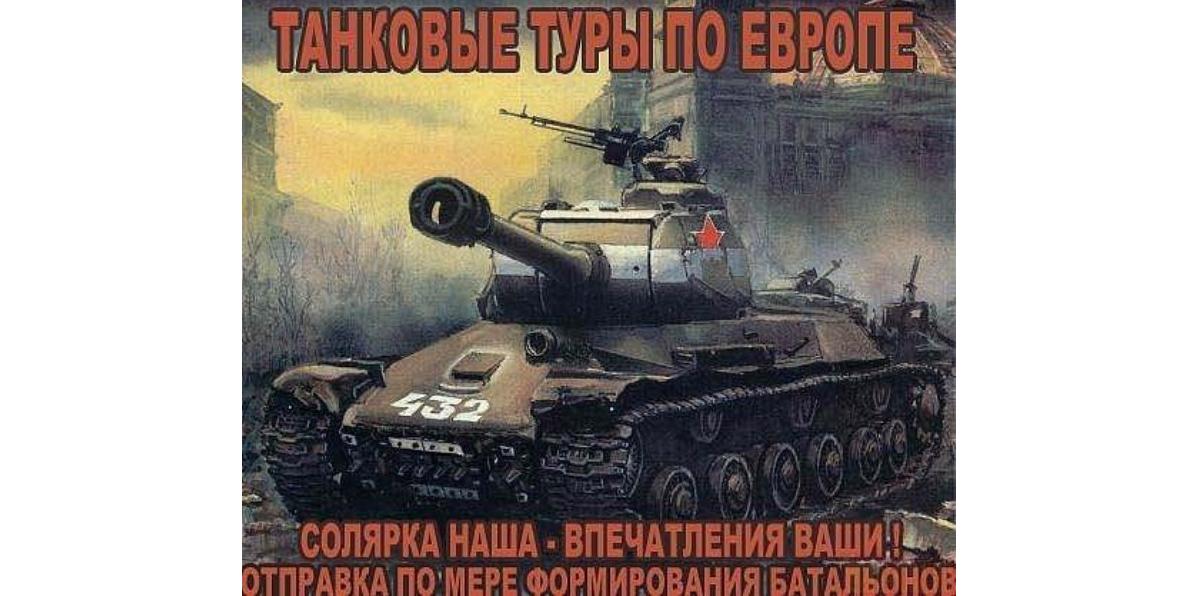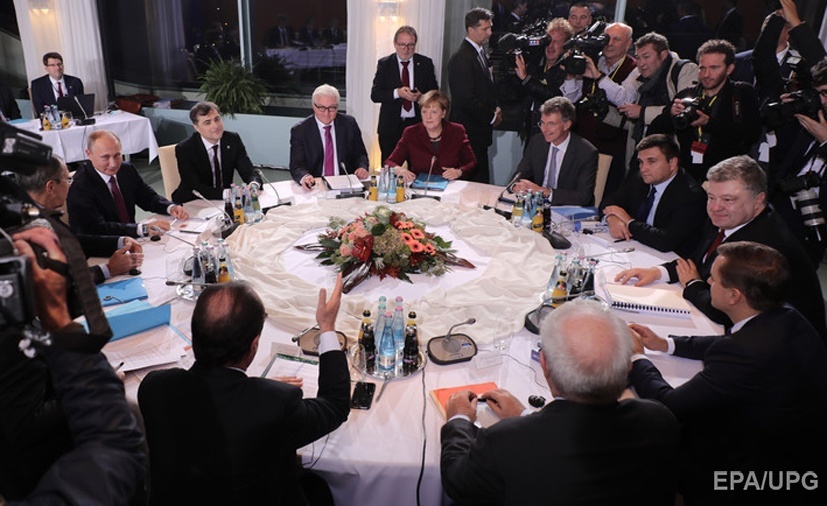After yet another detention of Ukrainian citizens in Russia, Ukrainian officials began to speak again about the danger of travelling to the neighboring country. The Ministry of Foreign Affairs warned that such trips often become a "one way ticket." The Security Service of Ukraine cautioned that Russian special services are hunting for Ukrainian citizens. But will these warnings have any impact on the Ukrainians who continue to visit Russia?
Some Ukrainian citizens are still under the illusion that only those who flaunt political views that diverge from those accepted in Russia face any threat in that country. What danger can threaten the so-called "little man" who is far from politics? And if a Ukrainian citizen has generally espoused pro-Putin views, if he has faithfully voted for Yanukovych and other pro-Russian politicians, and if he dreams about the occupation of his country by Putin's troops, then why can't he visit Moscow or Tula and communicate with his friends and relatives there?
But here I must disillusion both the apolitical citizens and the adherents of the "Russian world." The logic of authoritarian regimes and their special services differs from the one you have become accustomed to in Ukraine. Both the Maidan activists and those who did not support the popular uprising are equally threatened. The main document that makes a Ukrainian citizen interesting to Russian special services is his passport -- not a certificate that he is an activist or a volunteer. An ordinary passport. After all, the special services do not detain Ukrainians because they are looking for some real transgression but in order to use them -- for propaganda, for destabilizing the situation in Ukraine, for exchange. Russian secret services find it useful to maintain an atmosphere of psychosis in their own society in order to justify Putin's aggressive policies. Therefore, more and more "spies" and "terrorists" are needed. In Moscow they see how painfully Ukrainian society reacts to the detention of its own citizens. In this regard, Ukraine really does differ from Russia, where fellow citizens can be treated like garbage. Therefore, it is necessary to detain more and more new people. And inquiring about the political views of these hostages would be absurd.
The trident is the death of Putinism
The post-war deportation of Crimean Tatars and the peoples of the Caucasus is an excellent example from history. At that time, everyone was deported -- those who fought in the ranks of the Red Army and those who lived in the occupied territories, those who had no political views and those who headed up local party organizations. The main factor for Stalin -- as earlier for Hitler -- was ethnic origin, nothing more. There was no chance to avoid repression by supporting the leader. This simply must be understood. During the Holocaust, those Jews who resisted and those who served in the ghetto police were destroyed equally. During the deportations, those who were distant from the Stalin regime and those who advanced to positions as deputies and regional administrative secretaries were expelled equally. Little has changed in Russia since then. And for the current Russian regime, the enemy is everyone with a trident (national symbol of Ukraine -- Ed.) on the cover of his passport. Because this trident is the death of Putinism. Fortunately for many who visit Russia, the Kremlin is conducting a hybrid war against Ukraine. And in such a war there is always a chance for survival. However, death also seems completely unpredictable.
Therefore, trips to Russia have not yet become the "one way tickets" mentioned by the Ukrainian Ministry of Foreign Affairs. Rather, they are the famous "Russian roulette" where you do not know which bullet in the pistol will turn out to be fatal.



